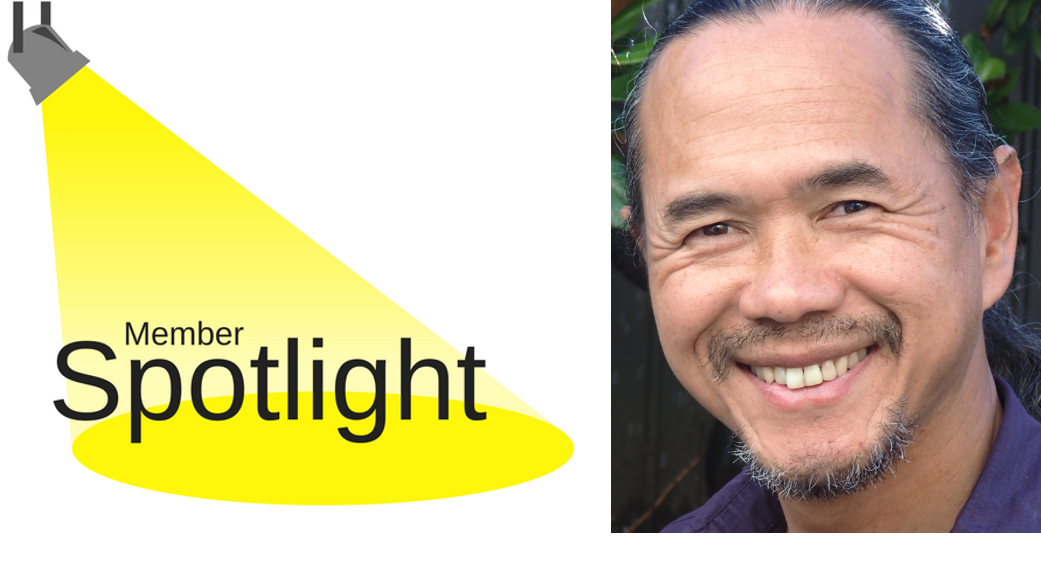
Member in the Spotlight allows us to get up-close and personal with some of our ACC Australia members. This week we are shining the spotlight on Tri Nguyen, General Counsel & Company Secretary at Redundancy Payment Central Fund, and a guest on Season 2 of the In-house Insiders podcast series.
Tell us about your current role.
General Counsel & Company Secretary, Redundancy Payment Central Fund. I am a member of the C-Suite team which includes the CEO, CFO, CIO and COO. I wear multiple hats with my primary responsibilities being: Legal, Governance, Risk & Compliance, HR, Members Insurance Program, Industry Grant Program. I am ably assisted by my first time LC colleague Sam Ellison.
What do you believe is the most important skill an in-house lawyer needs?
Our technical skills are a given and will always provide the foundation for the advice and contribution we make but as we operate in an enterprise setting whereby we have many internal clients and our role has an impact on a business direction, strategy, transaction it is important to be able to work collaboratively with our internal stakeholders so this requires patience, emotional intelligence and the ability to think commercially and strategically.
What led you to pursue an in-house legal role?
Initially to see how my advice was being implemented by a corporate client. I also struggled with the concept of the billable unit. I still struggle with the idea of billing for a 6min unit for say 1minute of intellectual work; but once I landed my first in-house role it was clear that as an in-house lawyer you have enormous access and the ability to play a significant role in an enterprise, particularly where you are part of the decision making process be it at Board level (via a combined GC & CS role where you are the Chair/CEO’s confidant) or Executives where you have operational responsibilities, which makes the job very fulfilling.
What advice would you offer to in-house counsel in building relationships with their organisations
It is all about relationship and trust but with integrity and independence. It is easier said than done, especially if you are a junior in-house lawyer or new to a role but we must always be prepared to give frank and fearless advice, even if it is not well received. And there are ways of providing it if you know that it will not be well received. Getting buy-ins from your internal stakeholders is critical. Most, if not all of us, would already have these skills at various levels and we exercise them on a daily basis without identifying or recognising it as a defined skillset, similar to applying a risk management framework. We identify and make an assessment on risks constantly in our day to day decisions (take crossing the road for example). The RMF just visually captures that natural skillset but for a best example of putting a tag on this skill, take a look at Simon Dowling's book, Work with Me.
What is the one thing a law degree doesn’t teach you about being an in-house lawyer?
Life skills. Nothing beats lived experience. If you are a law student, get as much practical experience in a law firm as you can in your final year of your law degree. Everything will make sense when you see the merger between the academic and the practical. I was fortunate enough to work for a small suburban firm in my final year and got to see clients, tag along with the solicitors and eventually allowed to do solo court appearances (it was many, many, moons ago but back then and I imagine still nowadays, as long as you sought leave to appear you were permitted).
What are the biggest changes you’ve witnessed across the legal sector since you joined the profession?
The de-mystifying of the profession and its accessibility to all segments of the community. We’re just another member of the community with a unique but transferable skillset that can assist a particular client, nothing more. What additional role each of us (elect to) play in our contribution to an industry, the community, politically or otherwise is really an individual choice taking advantage of our unique skills.
Finish this sentence… If I wasn’t a lawyer I’d be…
A scientist.
I like being a part of the ACC Australia community because…
It is a great network of professionals with a real interest in the progression of the (in-house) profession, which is respected and works collaboratively with the private profession and various body representatives. When I first became an in-house lawyer in 2000 there was a clear demarcation with the private profession and the views between the two were very distinct. Further, I have an opportunity such as this to provide my own experience which may be of use to some.
Tri Nguyen features on Season 2 of In-house Insiders, ACC Australia’s exciting podcast series.
You can hear Tri's incredible journey throughout his life. Growing up in Vietnam in the 80s, Tri’s parents wanted a better life for him, so they placed him and his brother on a fishing boat and the two of them made the harrowing journey to Australia.
In this episode, Tri takes you through the dangerous journey that led him to Australia. We'll also explore what it was like in Australia for a refugee in the 80s and how Tri eventually became South Australia's first Vietnamese graduate lawyer.
